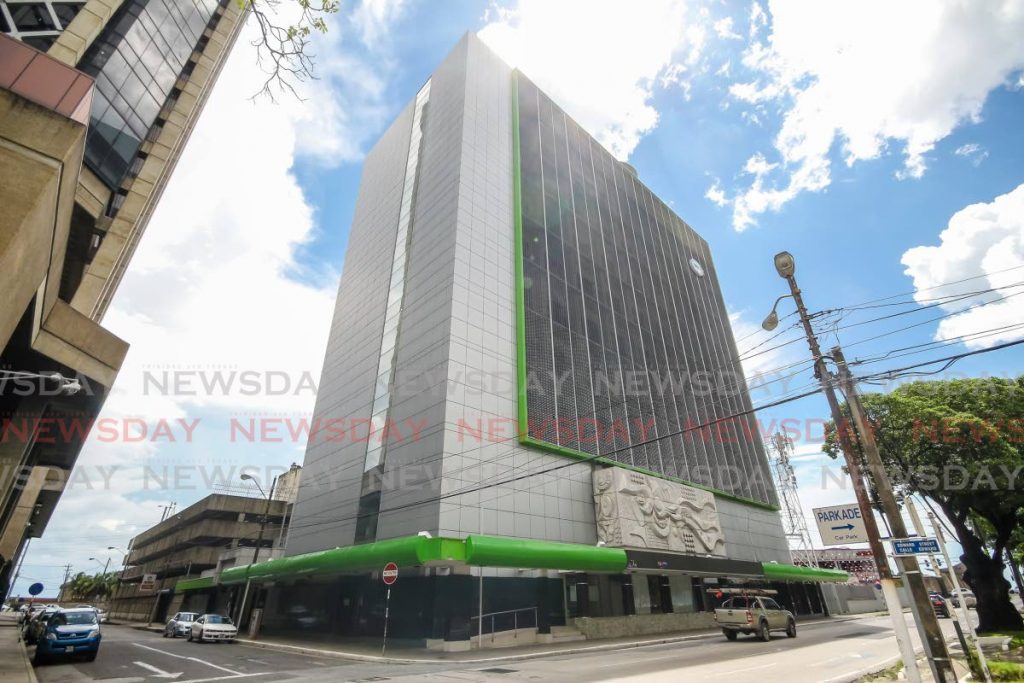Lights, cameras and TSTT debt?

The statements made on Monday by the Prime Minister in relation to TSTT and the provision of cameras to the Government raises disturbing questions about effective oversight of state entities as well as public procurement.
Speaking at an event that was meant to shine a spotlight on the economy, Dr Rowley felt the need to address a claim made by a trade unionist who had suggested the State had starved TSTT of as much as $1 billion by not paying a debt.
“As head of the Cabinet, I know of no such thing. What I do know is that we do owe TSTT some money,” Dr Rowley said. “TSTT was claiming that the arrangement we had with the Government for providing cameras had run up a debt of $750 million. This Government looked very closely at that and came to the conclusion that there was no basis for that claim.”
“TSTT has been, in the context of an existing contract and an expired contract, grossly overbilling the taxpayers for the supply of those cameras.”
He said the Government understood the debt to be $200 million and later down the road turned to public tender.
“The bids came in with TSTT bidding $380 million for the service,” Dr Rowley said. “Another able contractor that was pre-qualified bid $80 million.”
These remarks constitute a public upbraiding by the sitting head of Cabinet of an entity in which the State holds majority ownership.
“You must remember TSTT is a company 51 per cent owned by the people of Trinidad and Tobago, and 49 per cent owned by a foreign company,” Dr Rowley reminded the audience. But this simply underlined the worrying suggestion that a state-owned entity was seeking to hoodwink the Government.
Such a loss of control would be stunning and harkens to the worrying issues that emerged during the scandalous years of Udecott when this very issue of lax oversight and wastage at state-owned agencies was highlighted decades ago.
While in 2016 the Ministry of National Security partnered with TSTT to set up a pilot CCTV project, and while TSTT has long provided home security options to customers, it remains unclear what the nature of the arrangement mentioned by the PM was.
Why was it undertaken with TSTT in the first place?
It may have been that there was an assumption that a state entity would provide a good deal.
Even so, it seems sole selecting TSTT did not turn out to the Cabinet’s liking. That alone is compelling evidence of why we need an independent procurement agency to ensure value for money, even when state agencies are involved.
Though the PM’s public intervention in this matter has shed some light, it is disappointing he did not take the opportunity to provide an update on the implementation of the new public procurement regime except to say the long-awaited Public Procurement Act will be finalised after the budget.
A more detailed update might come in the budget.
But as this TSTT impasse reveals, it is needed even more urgently.

Comments
"Lights, cameras and TSTT debt?"